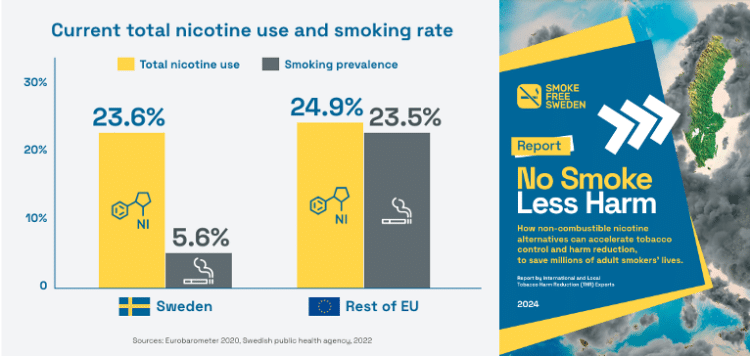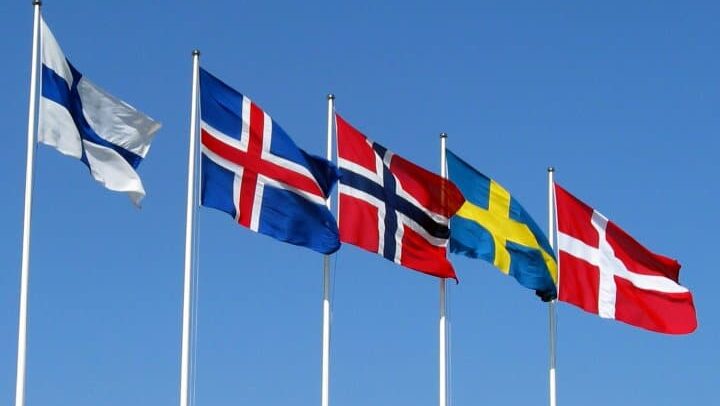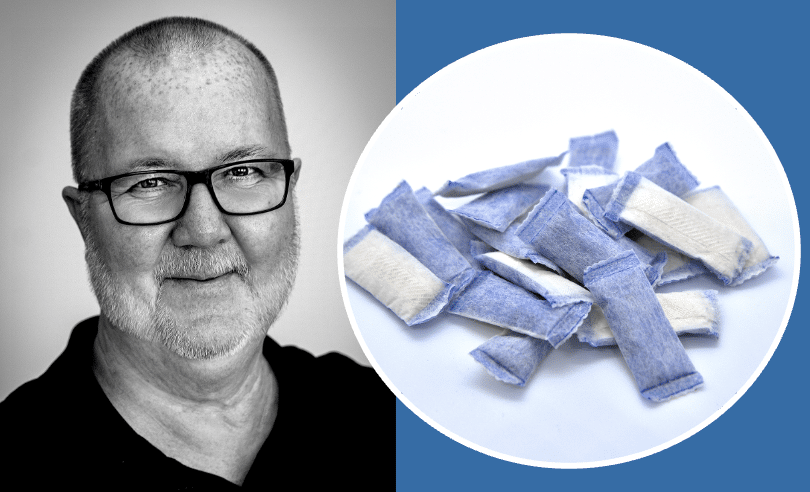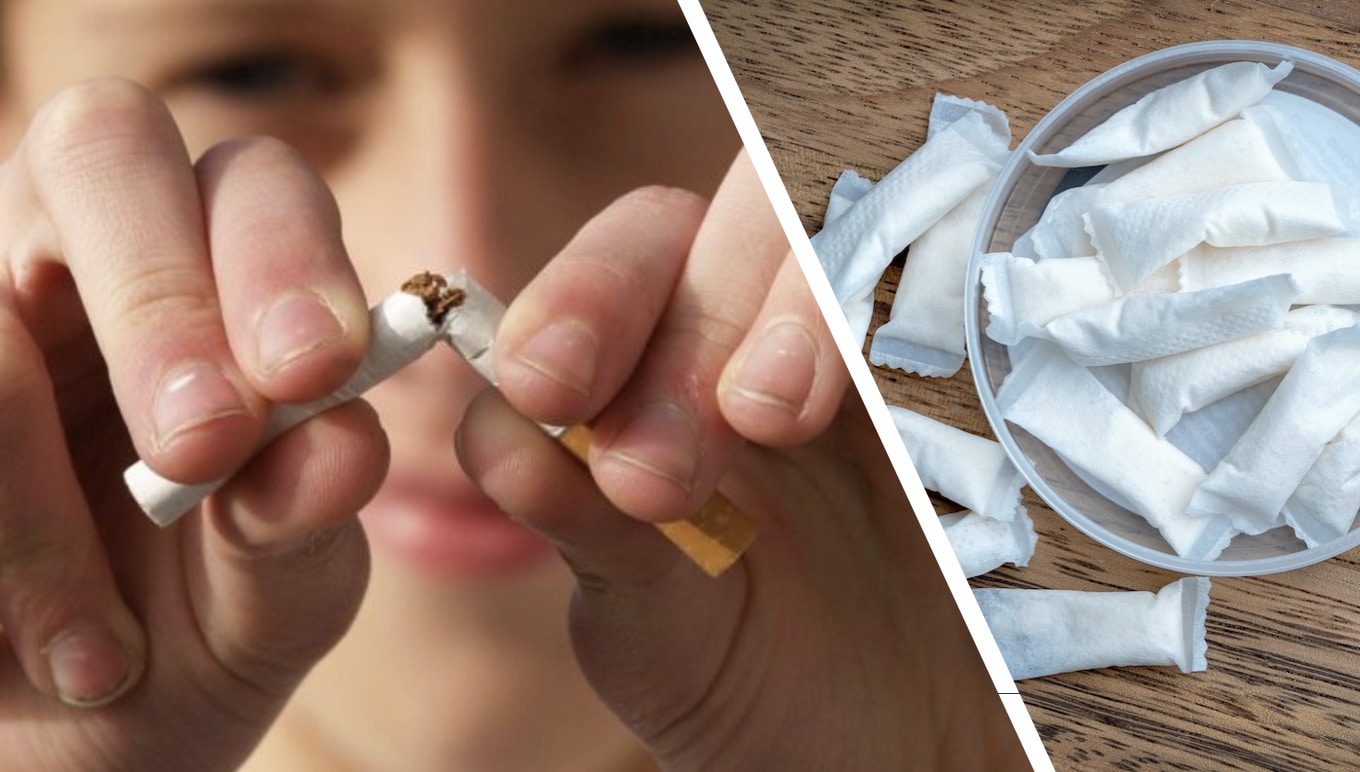
New Report: Stop Vilifying Nicotine
In a recent report, the global network Smoke Free Sweden urges the public and policymakers to stop associating nicotine with the same diseases caused by smoking.
Sweden is once again highlighted as a leading example due to the lowest prevalence of tobacco-related diseases in Europe, despite nicotine consumption being at levels on par with other European countries.
The report, “No Smoke, Less Harm,” presents available data to illustrate the positive effects of harm reduction on public health. This is the second report by Smoke Free Sweden aimed at raising awareness about harm reduction. Launched at a seminar in May, the latest report focuses on nicotine, an alkaloid found in nightshade plants, which has come under fire as part of the ongoing debate about nicotine pouches.
Smoking vs Smoke-Free: A Critical Difference
The report provides evidence showing that nicotine, although addictive, is not a factor in tobacco-related diseases. Instead, it is the method of nicotine consumption that affects consumers’ health. Smoking, in particular, is linked to a high incidence of diseases and deaths.
“This distinction between smoking and the use of smoke-free products is crucial,” says Dr. Karl Fagerström, a public health expert who contributed to the report. He believes the report clearly demonstrates the benefits many European countries could gain by adopting Sweden’s availability of alternative nicotine products rather than banning them entirely.
Appeal to Policymakers: Recognize Harm Reduction
The report’s authors urge politicians and authorities to recognize harm reduction’s potential for benefiting public health. They advocate for its implementation in regulations and increased efforts to eliminate nicotine misinformation. They also encourage healthcare professionals to apply harm reduction as a strategy to cut down on the negative impact of smoking on public health.
Dr. Konstantinos Farsalinos, who has researched harm reduction for many years and published over 70 studies on the subject, participated in the report’s launch in Stockholm.
“Virtually all medical treatments aim to ease symptoms, and no medications are completely risk-free; in other words, this is harm reduction in practice. From a medical ethics perspective, it’s vital that patients receive accurate information about nicotine,” he stated.
Europe Should Follow Sweden’s Lead
Sweden is featured as a model in the report thanks to its unique stance on snus and other smoke-free tobacco and nicotine alternatives. These products are readily available to adult consumers, which has significantly helped former smokers quit entirely or partially.
In Sweden, nearly one in four adults uses nicotine daily, a rate comparable to the rest of Europe. However, the incidence of cancer in Sweden is 41 percent lower than the European average. Additionally, tobacco-related mortality is less than half that of 27 EU countries.
“This is a well-compiled data set that clearly shows the important role harm reduction can play when used correctly,” says Patrik Strömer, Secretary-General of the Association of Swedish Snus Manufacturers.
“For now, Sweden remains unique, but I hope the rest of Europe will soon realize that they can follow the same path for the sake of their citizens’ health.”




